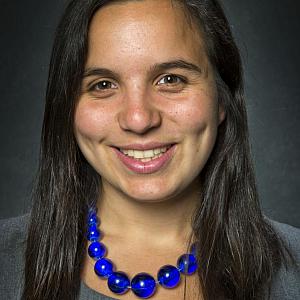
Samantha Caiola
gun violence reporter

gun violence reporter
Sammy Caiola is the first-ever gun violence prevention reporter for WHYY in Philadelphia. She is committed to doing trauma-informed journalism driven by the communities she covers. She has been a health reporter for the last eight years, first at The Sacramento Bee and then at Capital Public Radio. Her podcast, “After the Assault,” which was produced with the support of the Center for Health Journalism’s 2021 and 2020 California Impact Funds, explored the journey to justice and healing for survivors of sexual violence. As a 2018 California Fellowvand community engagement grantee, she reported a series on suicide in Amador County, and as a 2015 Data Fellow, she reported a three-part series on black child death in Sacramento County. She has degrees in journalism and gender studies from Northwestern University. In her spare time, she enjoys hiking, dancing, and playing with her Labrador, Pepper.
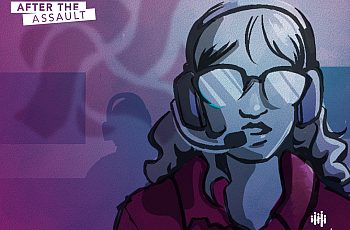
Until I started interviewing survivors of sexual assault, I never thought of a source as someone I needed to protect.
This introduction piece is part of a larger project, After The Assault, which aims to change the conversation around sexual violence to better support survivors seeking healing and justice. USC Annenberg Center for Health Journalism’s Impact Fellow, Sammy Caiola, helps us understand survivor experie
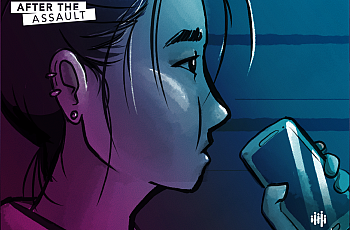
There’s no timeline for healing. The survivors in this episode have spent months and years finding ways to make themselves feel better physically, mentally and emotionally.
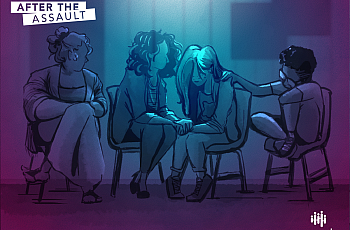
You might feel at a loss If someone comes to you for support after they’ve been sexually assaulted. What you do and say in the immediate aftermath can help, or make things worse.
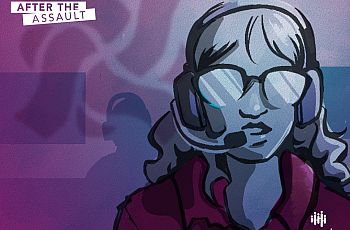
Advocates say there are steps we can take as individuals to understand “rape culture” and the roles we may play in it. Learning about how to interact with and respect each other can start as early as kindergarten.
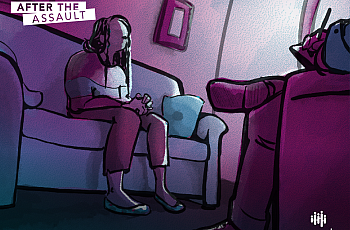
The way a survivor is questioned about the details surrounding a sexual assault can greatly influence their ability to access memories of that traumatic incident.
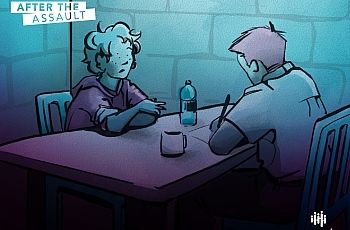
There's a pervasive culture of disbelief in the media, pop culture, politics and law enforcement. Advocates say better training and resources for police could help.
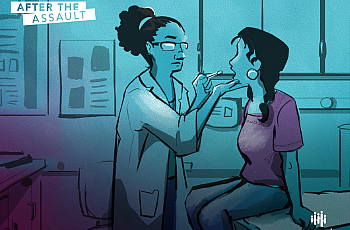
Survivors say the meticulous medical exam that some sexual assault survivors undergo can be taxing and retraumatizing. But the DNA samples collected become evidence that can make or break an investigation.
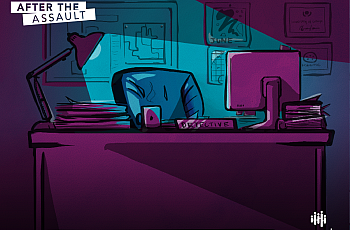
Many survivors who decide to report their rapes don’t necessarily get justice. They must navigate the complicated maze that is the investigation process for sexual assaults.

Many survivors who choose to report to law enforcement say their interactions with officers left them feeling blamed, dejected and angry.